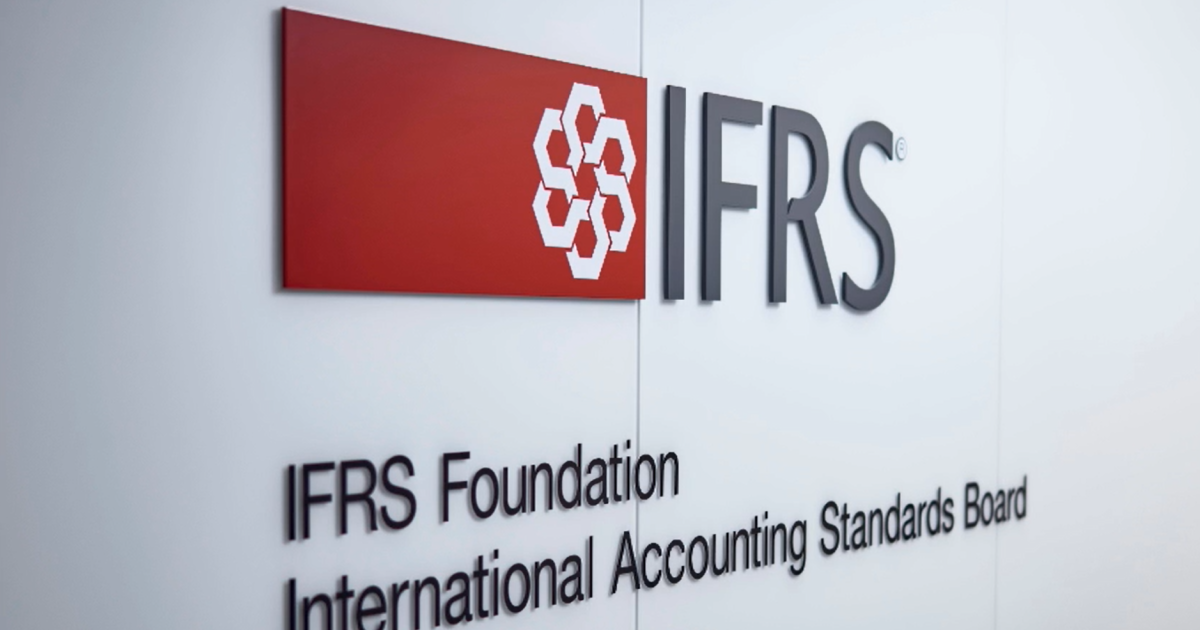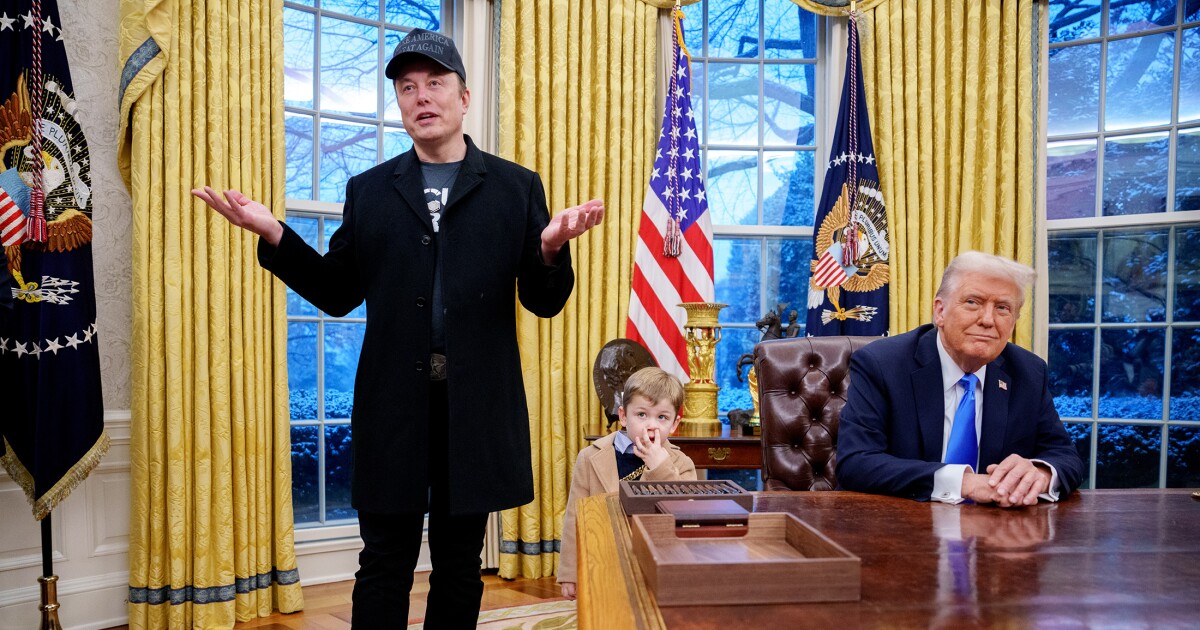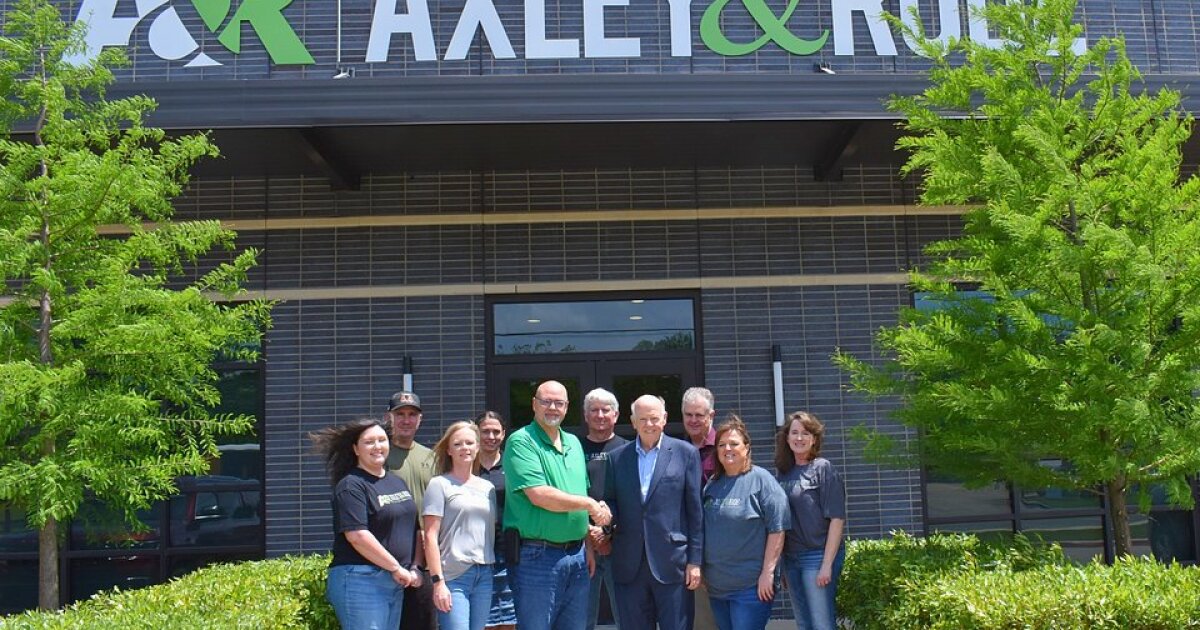Tech titan Elon Musk ratcheted up his offensive against Donald Trump’s signature tax bill on Wednesday, urging that Americans contact their lawmakers to “KILL” the legislation.
“Call your Senator, Call your Congressman,” Musk wrote in a social media post. “Bankrupting America is NOT ok!”
The post came one day after Musk lashed out at the tax bill, describing it as a budget-busting “disgusting abomination” as Republican fiscal hawks stepped up criticism of the massive fiscal package.
Trump hasn’t publicly responded to Musk’s comments, but the White House put out a statement Wednesday saying the legislation “unleashes an era of unprecedented economic growth.”
And House Speaker Mike Johnson told reporters that Musk is “dead wrong” about the bill and that the tax cuts will pay for themselves through economic growth.
Musk’s public condemnation pits him against the president at a critical time as Trump is personally lobbying holdouts on the bill. His campaign against the legislation threatens to stiffen resistance and delay enactment of the tax cuts and debt ceiling increase.
Musk has attacked the legislation days after leaving a temporary assignment leading the administration’s Department of Government Efficiency initiative to cut federal spending. The Tesla Inc. chief executive officer’s high-profile role in the Trump administration eroded his business brand and sales of his company’s electric vehicles plunged.
The House-passed version of the tax and spending bill would add $2.4 trillion to U.S. budget deficits over the next decade, according to an estimate released Wednesday from the nonpartisan Congressional Budget Office.
The CBO’s calculation reflects a $3.67 trillion decrease in expected revenues and a $1.25 trillion decline in spending over the decade through 2034, relative to baseline projections. The score doesn’t account for any potential boost to the economy from the bill, which Johnson and Trump argue would offset the revenue losses.
Musk, the world’s richest man with a net worth of about $377 billion according to the Bloomberg Billionaires Index, has become a crucial financial backer of the Republican party. After making modest donations most years, Musk became the biggest U.S. political donor in 2024, giving more than $290 million.
Johnson said Musk had promised to help reelect Republicans just a day before savaging Trump’s bill. Musk did not respond to a request for comment.
Most of Musk’s giving was aimed at electing Trump but he also supported congressional candidates. America PAC, the super political action committee that Musk largely funded, spent $18.5 million in 17 separate House races. Though that total pales in comparison to the roughly $255 million he spent backing Trump, the spending means a lot in a congressional election, where challengers on average raise less than $1 million.
Control of the House will likely be decided by the outcome of fewer than two dozen close races in the 2026 midterm elections. The GOP’s chances of holding their majority would suffer a major blow if Musk were to withdraw his financial support.


 Economics1 week ago
Economics1 week ago
 Accounting1 week ago
Accounting1 week ago
 Economics1 week ago
Economics1 week ago
 Personal Finance1 week ago
Personal Finance1 week ago
 Blog Post4 days ago
Blog Post4 days ago
 Economics5 days ago
Economics5 days ago
 Personal Finance1 week ago
Personal Finance1 week ago
 Finance1 week ago
Finance1 week ago












